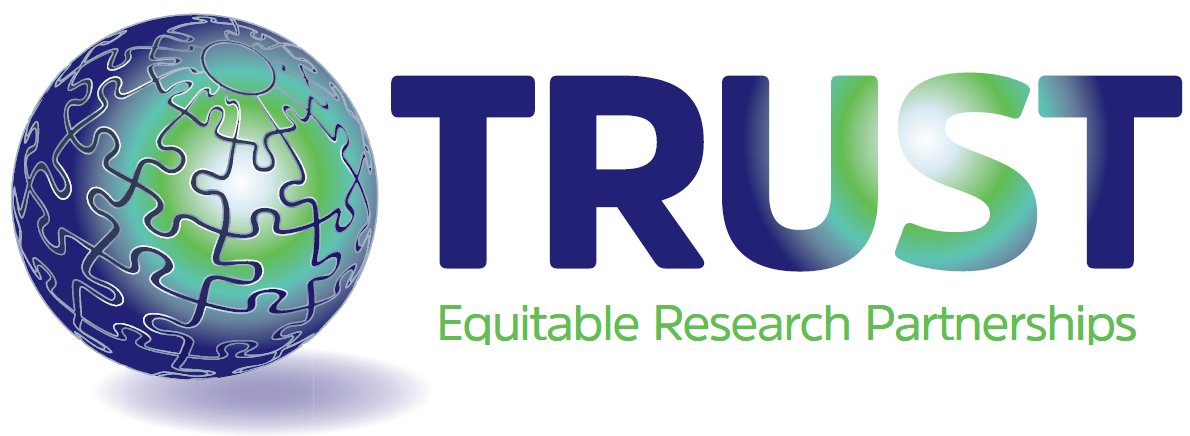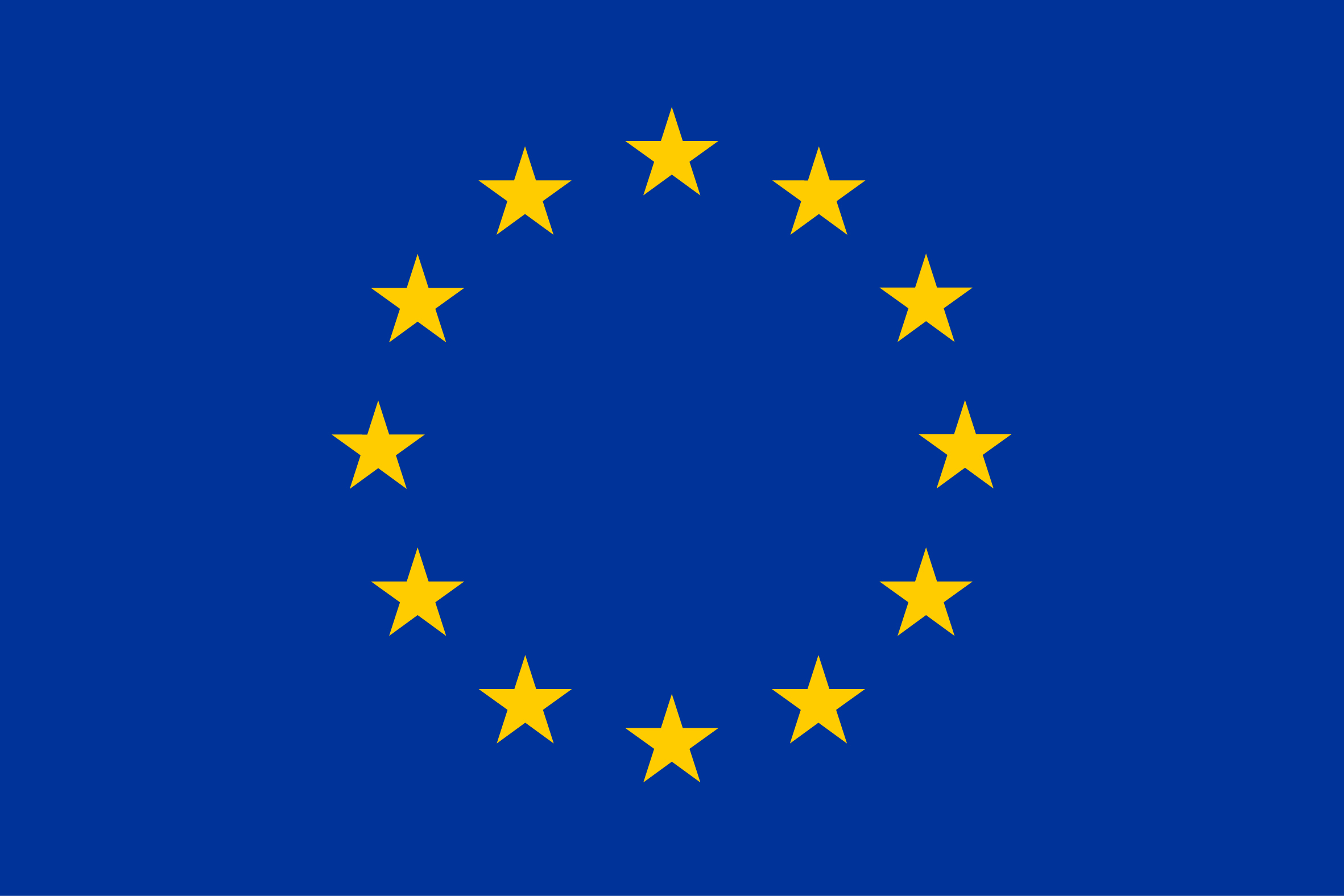Honesty
 Honesty is a value that does not need complicated explanations or definitions. In all cultures and nations, 'do not lie' is a basic prerequisite for ethical human interaction. However, what does need explaining is the scope of the value of honesty in the context of global research ethics. Lying is only one possible wrongdoing in the context of a broad understanding of honesty. For instance, in research ethics it is equally unacceptable to omit important information from an informed consent process. For this reason, research ethicists often use the terms transparency or open communication to ensure that all relevant information is provided so that research participants can make an informed choice about participating or not. Importantly, honesty is also related to research conduct other than interaction with research participants. Most prominently, the duties of honesty are described in research integrity frameworks (which are increasingly binding on researchers in institutions and via funders' requirements), which include issues such as credit for contributions, manipulation of data or misappropriation of research funds.
Honesty is a value that does not need complicated explanations or definitions. In all cultures and nations, 'do not lie' is a basic prerequisite for ethical human interaction. However, what does need explaining is the scope of the value of honesty in the context of global research ethics. Lying is only one possible wrongdoing in the context of a broad understanding of honesty. For instance, in research ethics it is equally unacceptable to omit important information from an informed consent process. For this reason, research ethicists often use the terms transparency or open communication to ensure that all relevant information is provided so that research participants can make an informed choice about participating or not. Importantly, honesty is also related to research conduct other than interaction with research participants. Most prominently, the duties of honesty are described in research integrity frameworks (which are increasingly binding on researchers in institutions and via funders' requirements), which include issues such as credit for contributions, manipulation of data or misappropriation of research funds.
What is a principle
Felis sagittis eget tempus primis in faucibus vestibulum. Blandit adipiscing eu felis iaculis volutpat ac adipiscing accumsan eu faucibus. Integer ac pellentesque praesent tincidunt felis sagittis eget. tempus euismod. Magna sed etiam ante ipsum primis in faucibus vestibulum.
Articles
- Article 20
-
A clear understanding should be reached among collaborators with regard to their roles, responsibilities and conduct throughout the research cycle, from study design through to study implementation, review and dissemination. Capacity-building plans for local researchers should be part of these discussions.
- Article 21
-
Lower educational standards, illiteracy or language barriers can never be an excuse for hiding information or providing it incompletely. Information must always be presented honestly and as clearly as possible. Plain language and a non-patronising style in the appropriate local languages should be adopted in communication with research participants who may have difficulties comprehending the research process and requirements.
- Article 22
-
Corruption and bribery of any kind cannot be accepted or supported by researchers from any countries.
- Article 23
-
Lower local data protection standards or compliance procedures can never be an excuse to tolerate the potential for privacy breaches. Special attention must be paid to research participants who are at risk of stigmatization, discrimination or incrimination through the research participation.

